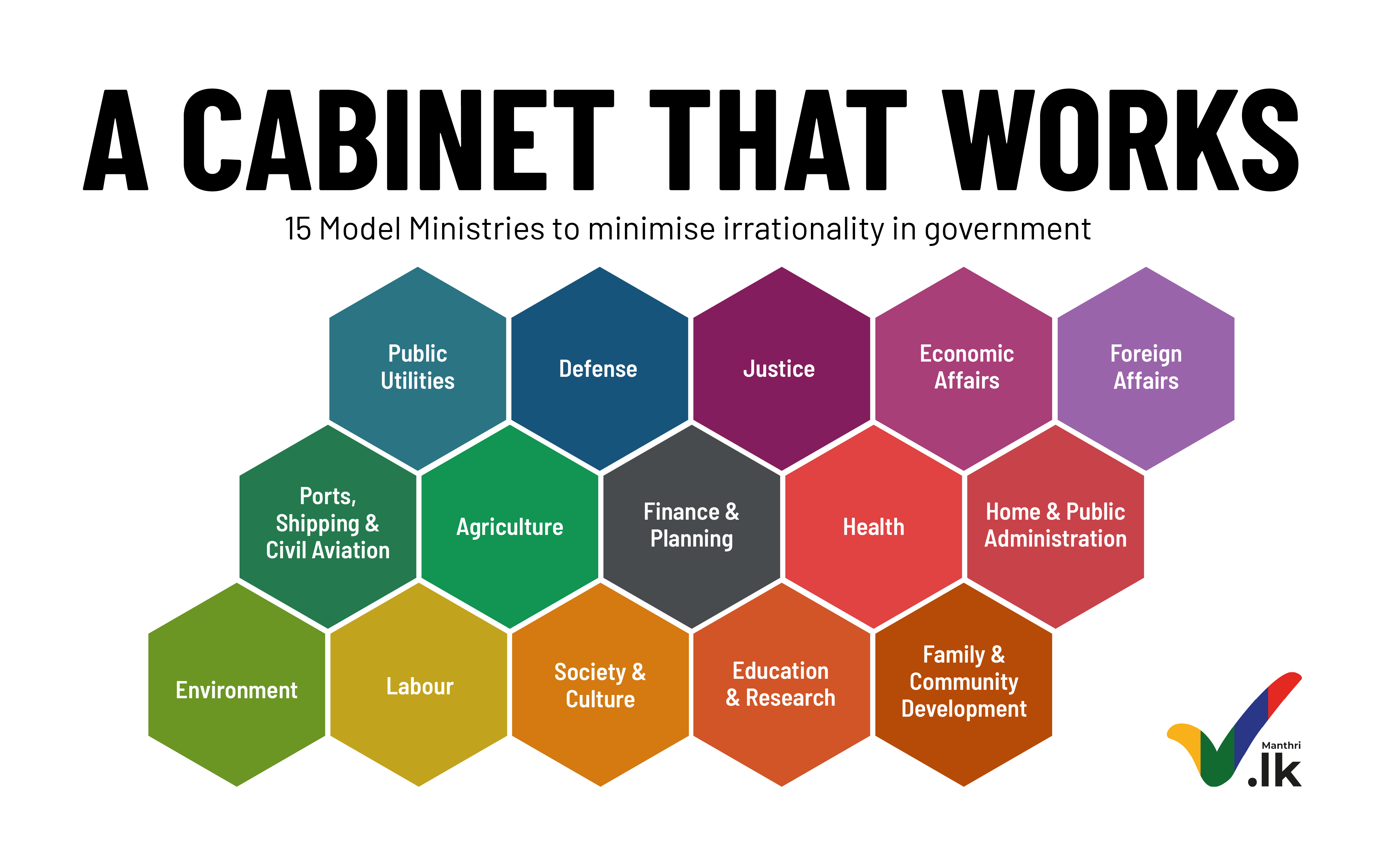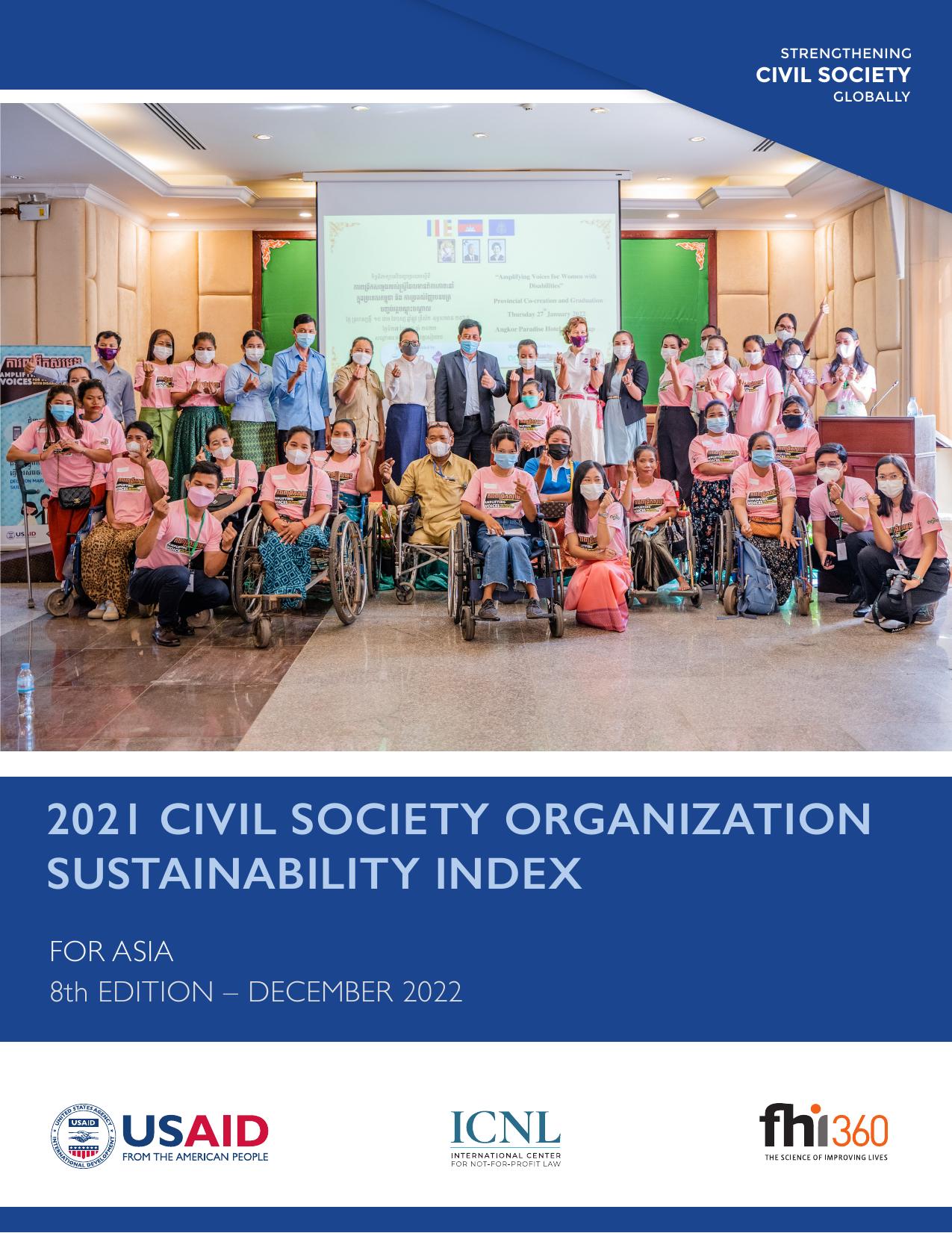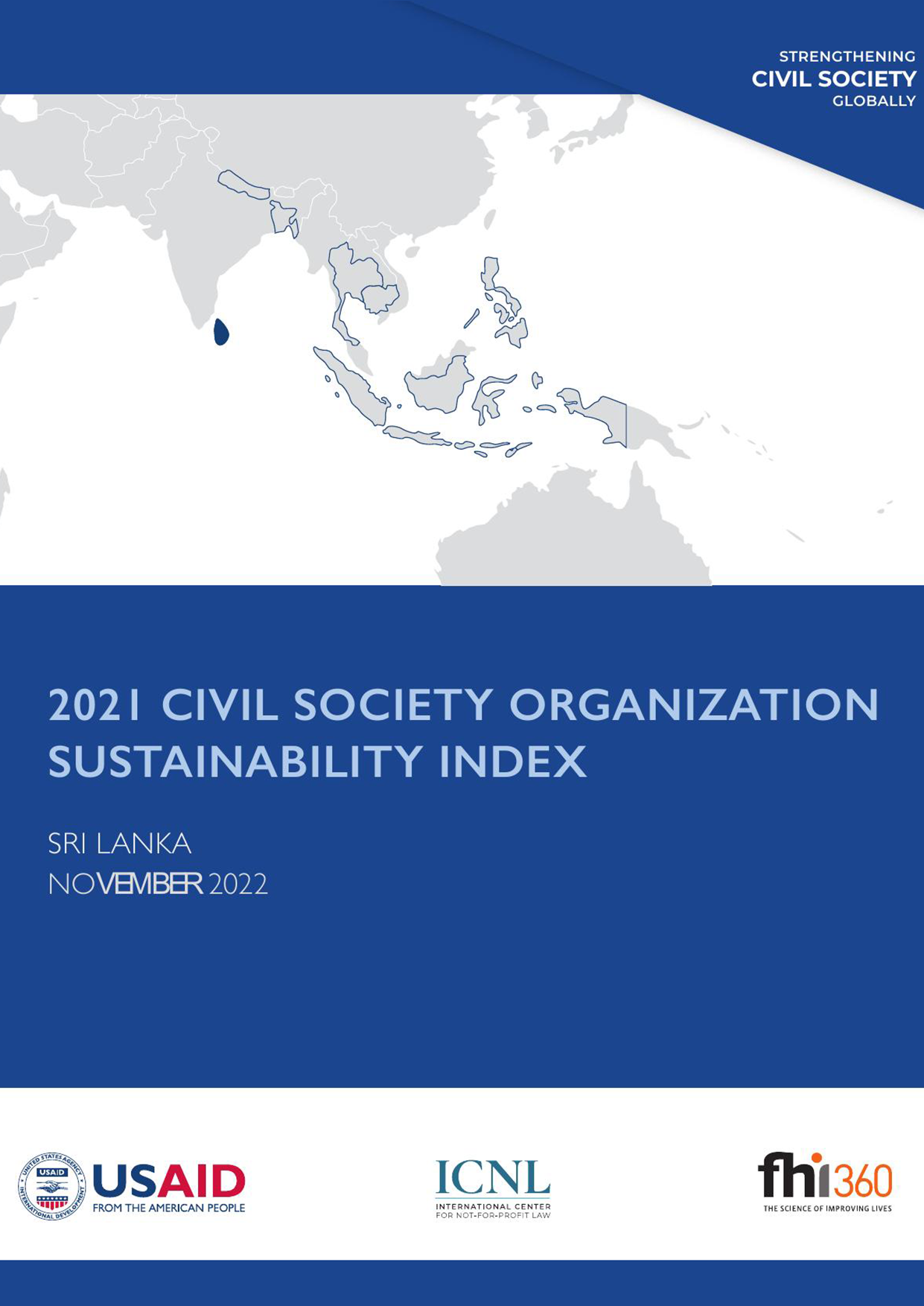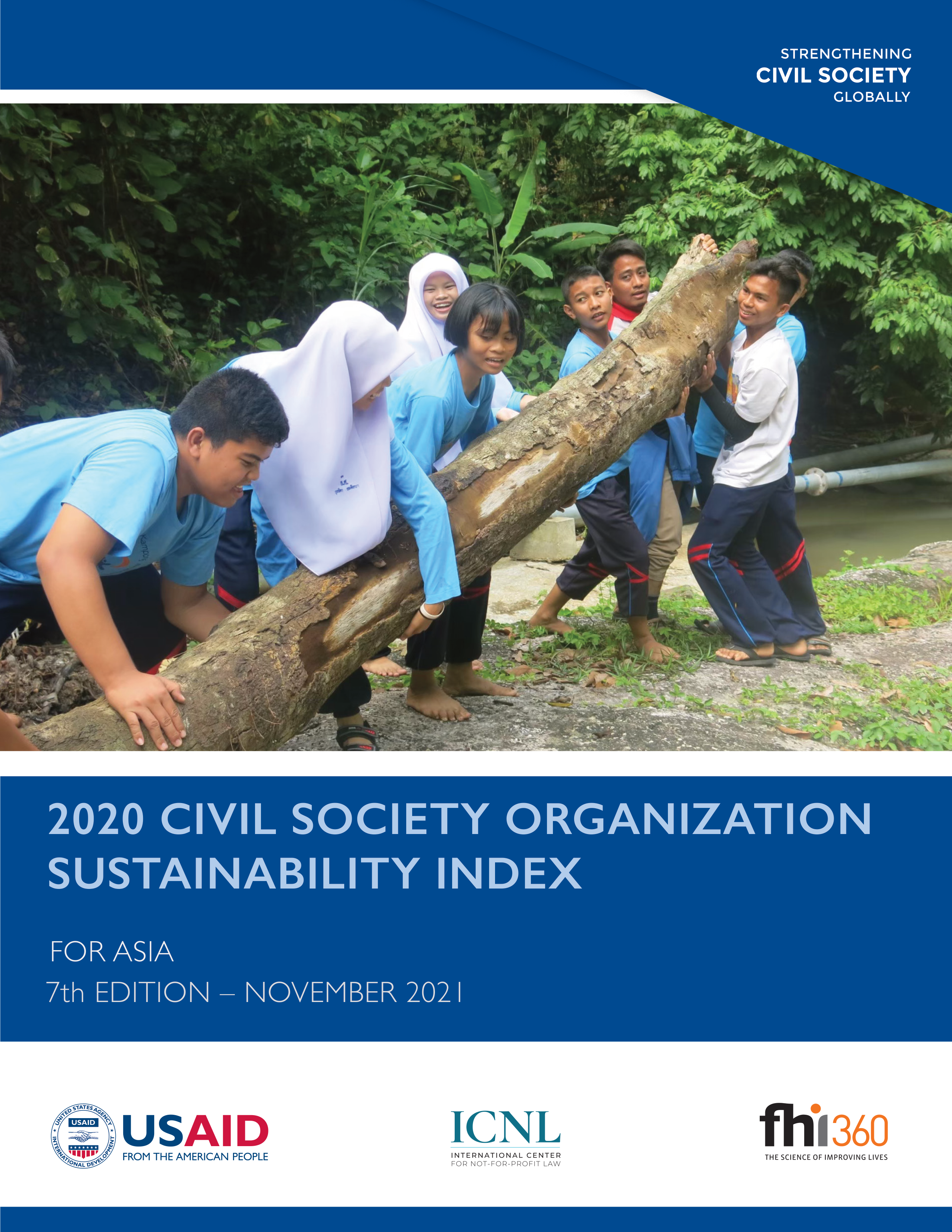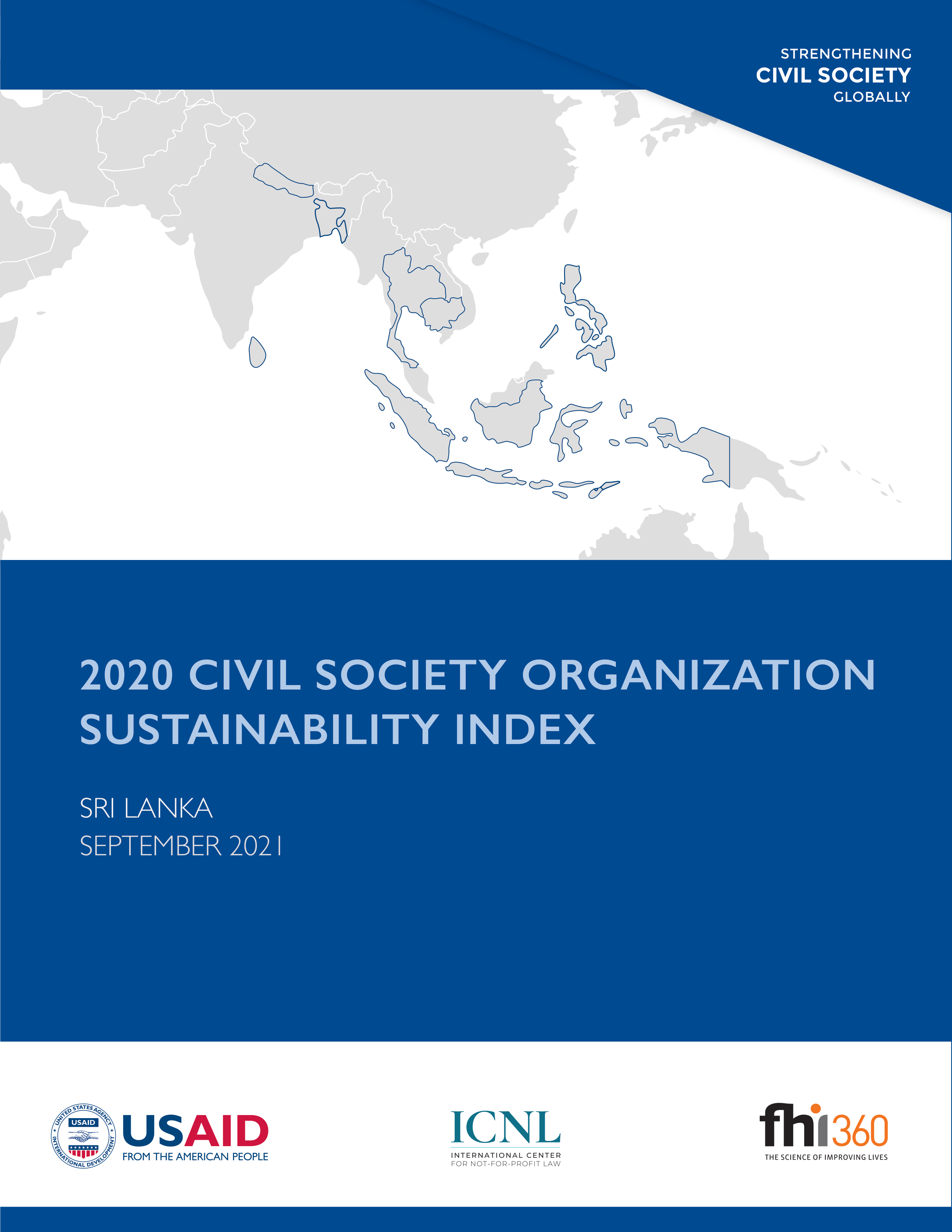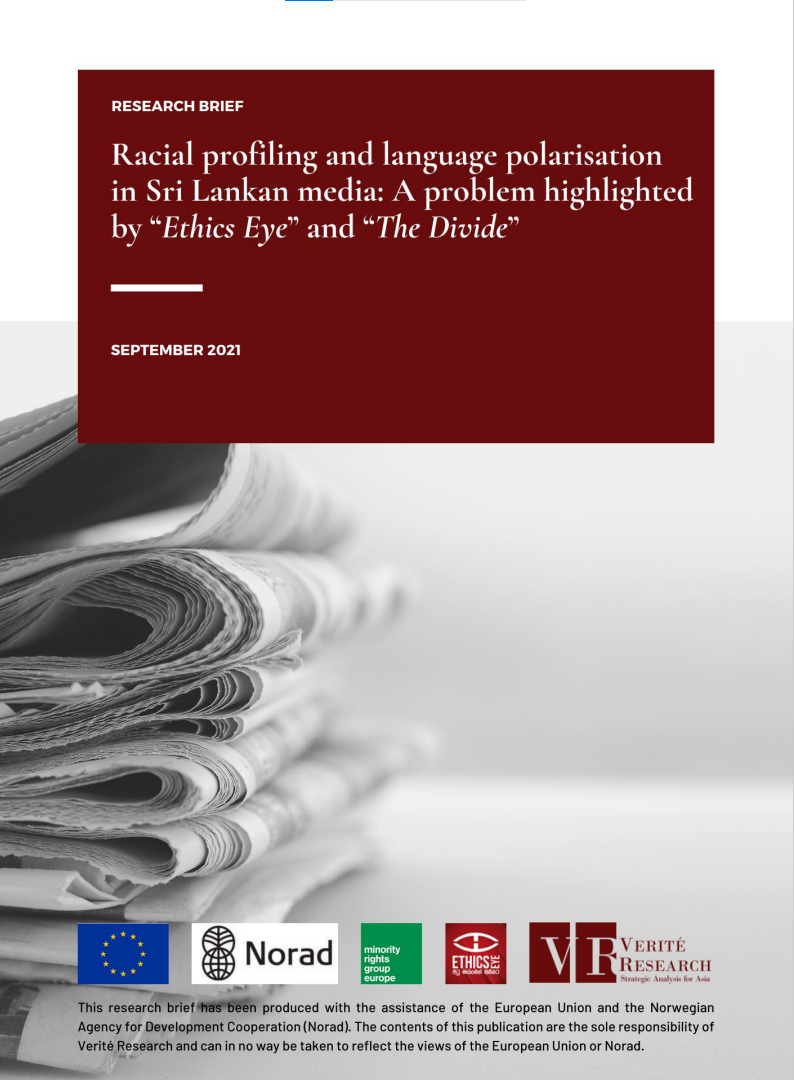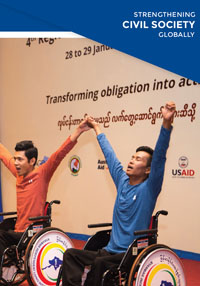Ethno-religious violence against minority groups in Sri Lanka is a long-entrenched phenomenon that has persisted, irrespective of changes in the political landscape of the country. This study examines critical trends in religiously motivated violence against Christians between November 2022 and October 2023, based on data collated by the National Christian Evangelical Alliance of Sri Lanka (NCEASL). The study unpacks three empirical insights into factors that lead to violence against Christians. These insights are data-driven explanations of who the primary perpetrators are, their main targets, and the modality through which they incite violence against Christians. The study also provides insight into harmful speech content against prominent religions in Sri Lanka found on online platforms. View Past Reports: Religious violence against Christians: Disruptions and Distractions Patterns and risks of Religious violence against Christians (October 2020 – October 2021) Prejudice and Patronage: An Analysis of Incidents of Violence against Christians, Muslims, Hindus in Sri Lanka (2021) Inaction and Impunity: Incidents of Religious Violence Targeting Christians, Muslims and Hindus (2015 – 2019)
A ‘Blueprint for a Rational Government in Sri Lanka‘, created by Verité Research and Manthri.lk, seeks to implement the recommendations from the White Paper on “A Rational Method for Cabinet Formation in Sri Lanka“, published in 2020. It lists down the duties and functions, institutions and acts to be implemented under the 15 ministries proposed in the annexures of the White Paper, following revisions that were supported by extensive expert consultation. This document is the blueprint by which governments can solve 3 key issues relating to irrational cabinet formation: 1. Misalignment of subjects Unrelated subjects being grouped together under one ministry. 2. Fragmentation of subjects Related subjects being split across different ministries. 3. Not having a fixed structure for ministries and their institutions Ministry purviews often change alongside ministerial appointments and shuffles, resulting in institutions shifting from ministry to ministry. The document takes on the form of an extraordinary gazette, and serves as a starting point for a more effectively and efficiently structured form of government.
The CSO Sustainability Index assesses the sustainability of the CSO sector across several countries in different regions around the world. The various regional editions of the 2021 CSO Sustainability Index assess the civil society sectors in seventy-three countries, including thirty-two in Sub-Saharan Africa, twenty-four in Central and Eastern Europe and Eurasia, eight in the Middle East and North Africa, and Mexico. The CSO Sustainability Index for Asia region, reports on the state of CSO sectors in eight countries in the region: Bangladesh, Cambodia, Indonesia, Nepal, Philippines, Sri Lanka, Thailand, and Timor-Leste.
The Civil Society Organization Sustainability Index (CSOSI) assesses the sustainability of the CSO sector across several countries from different regions. Since its beginning in 1997, it has expanded from covering 18 countries in Europe and Eurasia Region to 72 countries in 2021, including the Middle East, sub-Saharan Africa, and Asia.
The Civil Society Organization Sustainability Index (CSOSI) assesses the sustainability of the CSO sector across several countries in different regions around the world. Since its inception in 1997, it has expanded and currently covers a total of 73 countries in 2020, including 24 in Central and Eastern Europe and Eurasia, 32 in Sub-Saharan Africa; 8 in the Middle East and North Africa; and Mexico.
The Civil Society Organization Sustainability Index (CSOSI) assesses the sustainability of the CSO sector across several countries in different regions around the world.
This research brief introduces two ailments in the Sri Lankan media that have negative social ramifications on minorities: (1) racial profiling; and (2) language polarisation.
On 22 October 2020, the Twentieth Amendment (20A) to the Constitution of Sri Lanka was enacted.[i] The 20A reversed much of the reforms introduced by the preceding Nineteenth Amendment (19A) to the Constitution, with the primary effect of the 20A being the consolidation of power in the office of the executive president. This article explores the 20A and is divided into two main sections. Firstly, it will briefly set out the background to the passage of the 20A. Second, the features of the 20A will be discussed in respect of their implications on governance and the constitution.
The 2019 Civil Society Organization (CSO) Sustainability Index for Asia was published in December this year. This index has been assessing the civil society sector in Sri Lanka since 2014. The sixth edition of the Index reports on the state of CSO sectors in nine countries in Asia.
The 2019 Civil Society Organization (CSO) Sustainability Index for Asia was published in December this year. This index has been assessing the civil society sector in Sri Lanka since 2014. The sixth edition of the Index reports on the state of CSO sectors in nine countries in Asia.

